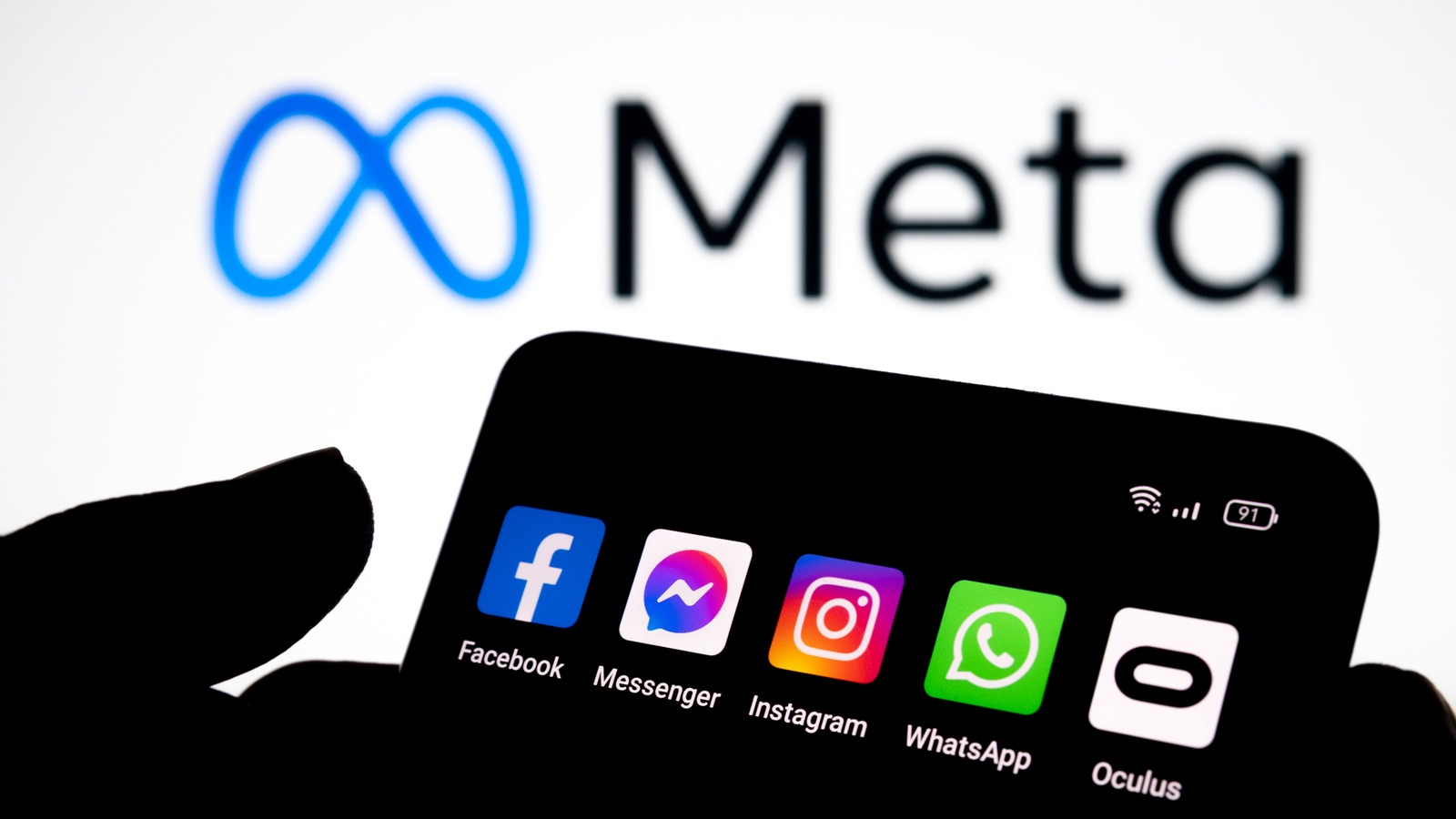
Meta has announced that it will no longer employ any fact-checkers in the United States, effective Monday, according to Joel Kaplan, the company’s chief global affairs officer. This policy shift, which was unveiled in January, coincides with the company’s relaxation of content moderation rules.
This timing follows President Trump’s inauguration, which Meta founder Mark Zuckerberg attended after making a $1 million donation to Trump’s inauguration fund. In the same period, Zuckerberg appointed Dana White, a staunch Trump supporter and the CEO of UFC, to Meta’s board. Zuckerberg described the shift towards more relaxed content moderation as a response to the cultural tipping point seen in recent elections.
Zuckerberg explained the change by stating, “The recent elections also feel like a cultural tipping point towards once again prioritizing speech.” However, the implications of this prioritization seem to come at the expense of marginalized communities. Meta’s hateful conduct policy still allows content that targets individuals based on gender, sexual orientation, or mental illness, citing ongoing political and religious debates surrounding topics like transgender rights and homosexuality.
Community Notes to Replace Fact-Checking Efforts
In place of traditional fact-checkers, Meta will rely on a community-based moderation system modeled after Elon Musk’s X platform’s “Community Notes,” which shifts some responsibility for content accuracy to other users rather than relying on paid professionals. Kaplan announced this change on X, stating that the first Community Notes would start appearing across Facebook, Threads, and Instagram with no penalties attached.
While community-based moderation can sometimes offer valuable context for misleading posts, experts argue that it works best in combination with other moderation tools—tools which Meta is scaling back on.
The change is strategically aligned with Meta’s business model, which thrives on user engagement and attention. By reducing fact-checking, Meta increases the potential for viral content, particularly posts that stir strong reactions. Since the rollback of its fact-checking programs, misleading content has already begun to spread more freely. A Facebook page manager who propagated the false claim that ICE offers $750 for tips about undocumented immigrants praised the end of fact-checking, calling it “great information.”
Kaplan noted in January, “We’re getting rid of a number of restrictions on topics like immigration, gender identity, and gender that are the subject of frequent political discourse and debate.” He added, “It’s not right that things can be said on TV or the floor of Congress, but not on our platforms.”
Author’s Opinion
In my opinion, while the shift toward prioritizing speech in online platforms like Meta’s is understandable from a free speech perspective, it carries serious risks. Reducing content moderation in favor of community-driven approaches may ultimately create an environment where misinformation flourishes unchecked, especially when powerful users can take advantage of platforms to spread misleading content. Meta’s decision to eliminate fact-checkers could lead to a dangerous erosion of truth in public discourse, undermining the credibility of its platforms.
Featured image credit: SlashGear
Follow us for more breaking news on DMR
